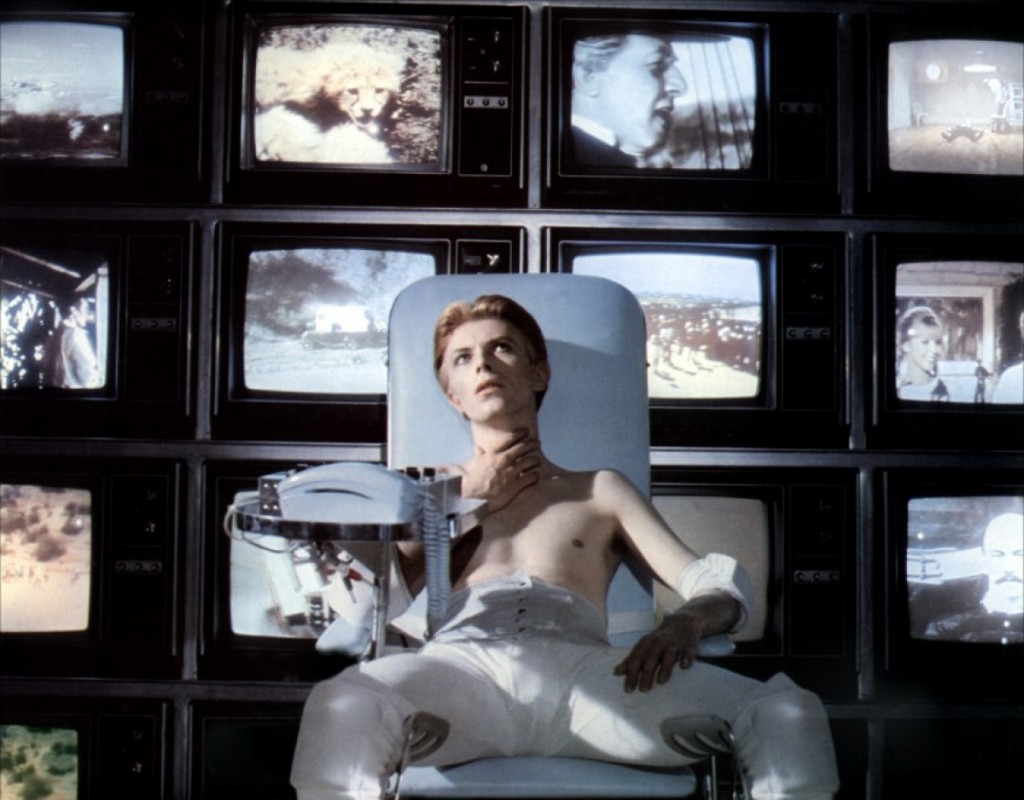From a perspective in the Economist on far-flung copyright laws, in the wake of astronaut Chris Hadfield’s Bowie cover in space:
“In this particular case the matter is straightforward because Commander Hadfield had obtained permission to record and distribute the song, and production and distribution was entirely terrestrial. Commander Hadfield and his son Evan spent several months hammering out details with Mr Bowie’s representatives, and with NASA, Russia’s space agency ROSCOSMOS and the CSA. The copyright issue may seem trivial, but the emergence of privately funded rocket launches, space tourism and space exploration hold the potential for more substantive disputes. If an astronaut were to travel to the Moon, an asteroid or Mars on a privately funded spacecraft, the situation would become knottier still, because the United Nations Outer Space Treaty of 1967 applies to countries, not companies or private individuals. J.A.L. Sterling, a London-based expert on international copyright law, anticipated all this in a 2008 paper, ‘Space Copyright Law: the new dimension.‘ in which he lists dozens more potentially problematic scenarios that could arise, some seemingly risible at first. He asks what would have happened if, on a moon landing broadcast live by NASA across the world, two astronauts were overcome by emotion and burst into song—one covered by copyright. NASA might still be engaged in litigation 40 years later. More prosaically and immediately plausibly, Sterling considers space travellers who put copyrighted material from Earth on a server reachable from space, or engage in rights-violating ‘public performances’ for crewmates. If the first person to walk on Mars decides to launch into ‘A Whole New World.‘ the rights will need to have been cleared with Disney first.”

